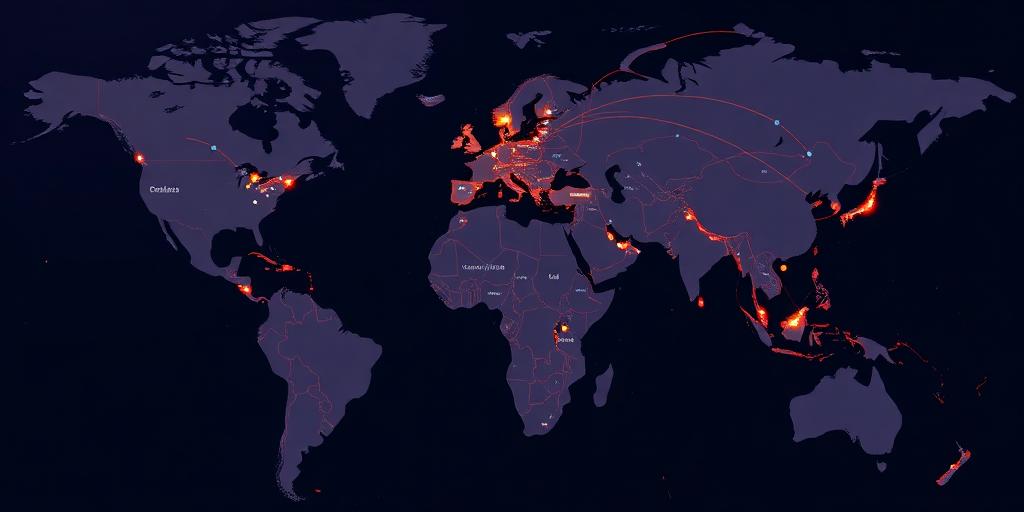The Geography of Global Economic Governance
Global economic governance refers to the framework of rules, institutions, and practices that shape international economic relations. Its geography is complex, reflecting the diverse interests and power dynamics of states, international organizations, and non-state actors. This post explores the spatial dimensions of global economic governance, examining how geographical factors influence its structure, processes, and outcomes.
Key Institutions and Their Locations
The major institutions of global economic governance are concentrated in specific geographical locations, primarily in developed countries. These include:
- International Monetary Fund (IMF): Headquartered in Washington, D.C., the IMF plays a critical role in maintaining international financial stability and providing financial assistance to countries facing economic crises.
- World Bank: Also based in Washington, D.C., the World Bank focuses on poverty reduction and sustainable development through loans, grants, and technical assistance.
- World Trade Organization (WTO): Located in Geneva, Switzerland, the WTO sets the rules for international trade and resolves trade disputes among member countries.
- Bank for International Settlements (BIS): Situated in Basel, Switzerland, the BIS serves as a forum for central banks and promotes international monetary and financial cooperation.
The concentration of these institutions in developed countries reflects their historical origins and the economic and political power of these nations. However, it also raises questions about representation and legitimacy, as developing countries often feel excluded from decision-making processes.
Regional Trade Agreements and Blocs
In addition to global institutions, regional trade agreements (RTAs) and blocs play an increasingly important role in global economic governance. These agreements, such as the European Union (EU), the North American Free Trade Agreement (NAFTA), and the Association of Southeast Asian Nations (ASEAN), create preferential trade arrangements among member countries and can have significant impacts on global trade patterns.
The geography of RTAs is shaped by factors such as proximity, historical ties, and strategic interests. For example, the EU's expansion has transformed the economic landscape of Europe, while NAFTA has fostered closer economic integration between the United States, Canada, and Mexico. ASEAN has promoted economic cooperation and integration among Southeast Asian countries.
The Role of Cities and Financial Centers
Cities and financial centers are also important nodes in the geography of global economic governance. Major financial centers, such as New York, London, Tokyo, and Hong Kong, serve as hubs for international finance, investment, and trade. These cities host multinational corporations, financial institutions, and international organizations, and they play a key role in shaping global economic flows.
The rise of global cities has led to new forms of economic governance, as these cities increasingly compete with each other for investment and talent. City governments are actively involved in promoting economic development, attracting foreign investment, and fostering innovation.
Challenges and Future Directions
The geography of global economic governance presents several challenges. One is the unequal distribution of power and influence, with developed countries often dominating decision-making processes. This can lead to policies that favor the interests of developed countries at the expense of developing countries.
Another challenge is the fragmentation of global economic governance, with a proliferation of institutions, agreements, and initiatives. This can lead to overlapping mandates, conflicting policies, and a lack of coordination.
Looking ahead, there is a need for a more inclusive, coordinated, and effective system of global economic governance. This requires:
- Greater representation and voice for developing countries in international institutions.
- Enhanced coordination among global and regional institutions.
- A focus on sustainable and equitable development.
- Strengthening the role of cities and local governments in global economic governance.
By addressing these challenges and promoting a more balanced and inclusive approach, we can create a more just and sustainable global economy.









